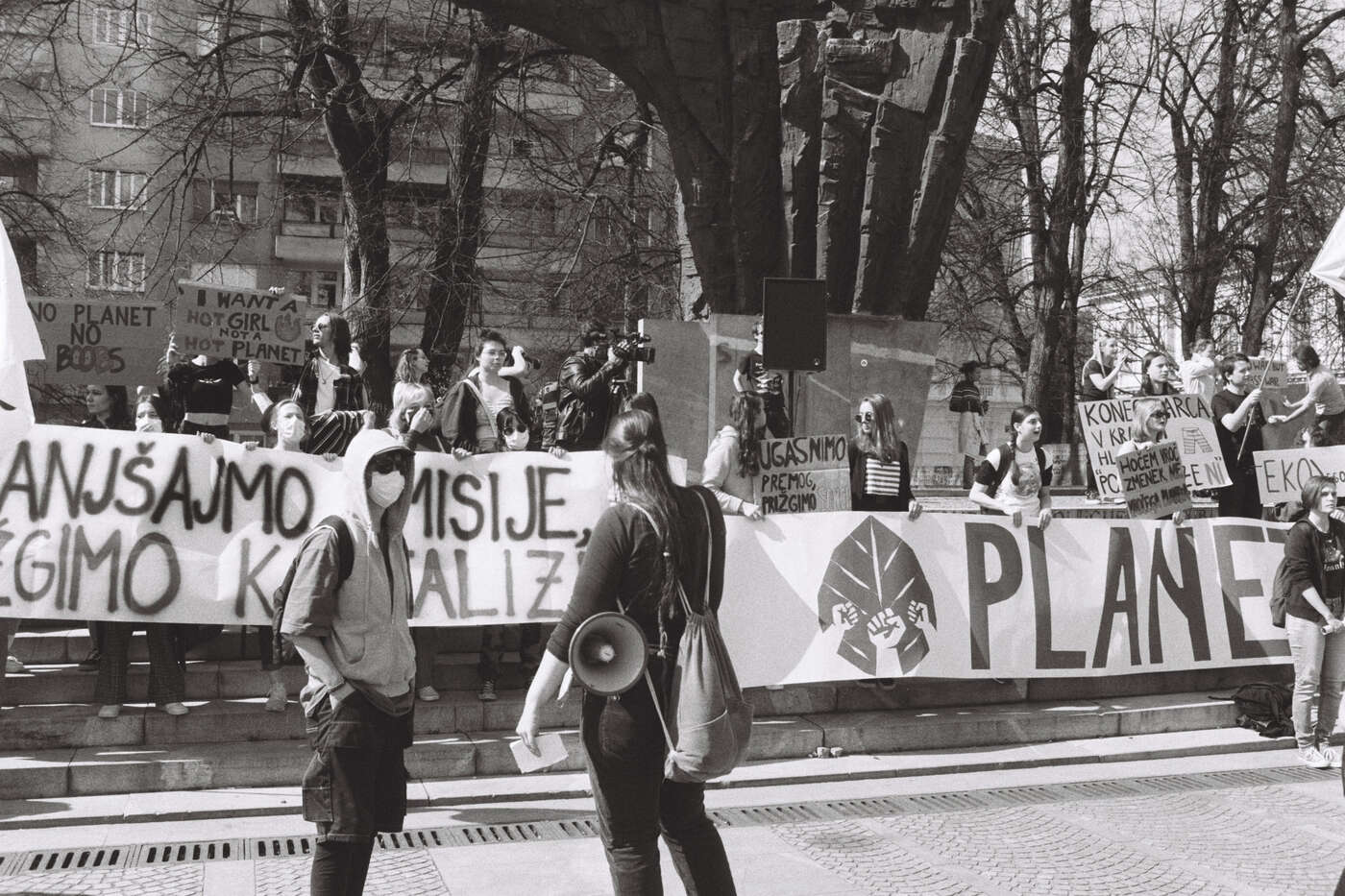Intersections of LGBTIQ+ activism and environmental activism
In times of global warming, the strong connection between LGBTIQ+ activism and environmental activism has come more into focus for activists working in the community. As a young LGBTIQ+ person, it is essential to think intersectional about activism at this time when climate change is affecting the lives of millions of people around the world. After all, LGBTIQ+ people, along with other marginalized people, are among the first to be confronted with the destruction caused by climate change.
In times of global warming, the strong connection between LGBTIQ+ activism and environmental activism has become indispensable.
The climate crisis affects us all, but especially young people who face an uncertain future due to increasing global temperature and unrestrained exploitation of fossil resources. Studies show that half of young people worldwide are already affected by climate change on a daily basis. Queer people are, among other marginalized people, particularly hard hit by climate change as they are statistically among the first facing poverty, exclusion and homelessness.
A research from 2012 in the USA shows that 40 percent of youth who experience homelessness identify as LGBTIQ+, even though they represent just 7 percent of the population. In case of storms, floods, wildfires and other extreme weather conditions caused by climate change, LGBTIQ+ are among the first who face life-changing consequences.
But that’s not the only reason why it’s important that we think of environmental activism in the context of LGBTIQ+ activism. By fighting for our rights and questioning social and capitalistic norms, LGBTIQ+ activists have always been at the forefront of producing new forms of resistance and development. This knowledge becomes valuable for the climate movement as they also have to use innovative action to fight against further exploitation of our limited resources. The climate movement must lean against an exploitative system based on perpetual growth – through local resilience. Climate justice is based on the principles that we should all live on a planet where we can thrive and live equally in material and mental safety.
Queer communities can serve as an example of living together in mutual support and empowerment to live individually and authentically.
It is important to shape the political discourse with our knowledge, with our ideas and demands. Besides direct participation in the political discourse and influence as activists, the election gave us the opportunity to vote for our political representatives. But participation includes not just voting! Now is the time we have to stand up for our rights, now we have to ensure we are heard, that our demands are taken seriously and become implemented in the next legislature.
Let's all together use not only Pride Month but the whole summer, even better the whole year, to fight for an equal, sustainable and progressive future!



 Germany
Germany
 Slovenia
Slovenia